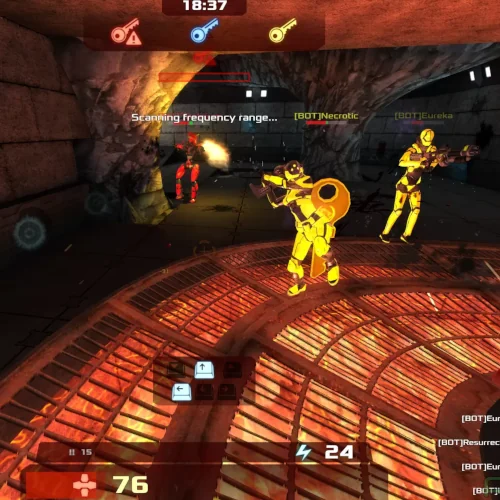GameTree Linux Isn't Growing (Cedega)

This week Cedega/TransGaming came to mind so I was curious to see what they were up to and whether GameTree Linux was doing anything or whether it was a dead tree. The last time I mentioned GameTree Linux on Phoronix was in May of 2011 when they were finally (albeit late) in releasing some stuff.
GameTree Linux was to be "a suite of developer tools powered by Cedega technology that enable Windows-based games to run on Linux desktop systems. With minimal effort, developers can run their OpenGL or DirectX Windows games in a Linux environment."
Hopefully GameTree Linux wasn't planted in Рыжий лес, from my travels to Chernobyl.
There doesn't appear to be anything new on the TransGaming product web-site. I reached out to TransGaming this week to see if they had any update on the state of GameTree Linux or their Linux plans in general, but I have yet to hear back.
TransGaming itself is still around as a company. In fact, they're a publicly traded company (the TSX Venture Exchange in Canada), but they don't seem to be doing too much as a company. TNG.V is a penny stock that's lost about three-fourths of its value in the past two years.
From the TransGaming product page they in fact no longer list GameTree Linux. Listed as consumer products are GameTree TV and GameTree Mac. GameTree Mac is their OS X equivalent to GameTree Linux / Cedega successor for OS X. GameTree TV is about "remarkable and socially engaging interactive entertainment experiences on Smart TV."
GameTree TV does appear to be having some success in non-US markets. There are the TransGaming press releases that cite TV-related deals in Asia, Amsterdam, Malaysia, and elsewhere in 2012. GameTree Mac was also used in March of this year to bring The Darkness II to Mac.
The technologies that TransGaming continues to offer is Cider and SwiftShader. Cider is used by game publishers to assist in porting games to Mac OS X. SwiftShader meanwhile is their software 3D renderer. TransGaming SwiftShader is claimed to be 100x faster than traditional software renderers, "can even achieve performance that matches or surpasses integrated graphics hardware", supports multiple graphics programming APIs like DirectX 9.0 and OpenGL ES 2.0, and does have some prominent partners.
Adobe licensed SwiftShader in 2010 for use within their Flash Player and Google even licensed SwiftShader earlier this year to deploy it within Chrome. SwiftShader is at least an interesting technology that's still relevant. Too bad though it's proprietary as it could be an interesting software rasterizer for the Linux desktop.
If you are looking to run some Windows game binaries on Linux, you're best off using Wine and/or CodeWeavers' CrossOver. At least with Valve coming to Linux and other game publishers following, hopefully in the coming years Linux gaming will reach a point where using these Windows binary compatibility layers will become rare.

